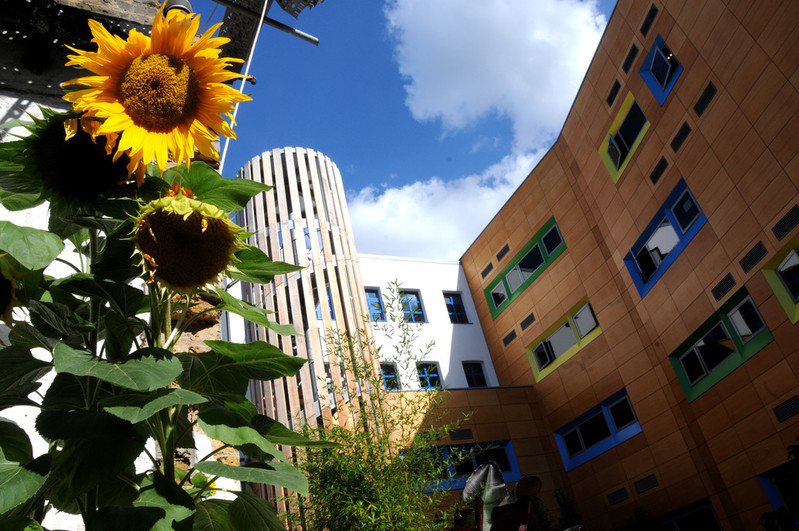Last week, we headed to Glasgow for the BSA Medical Sociology Annual Conference to share a sneak preview of our findings from This Sickle Cell Life: voices and experiences of young people with sickle cell.
Sickle cell disease is a genetic blood disorder disproportionately found in minority ethnic communities in…


